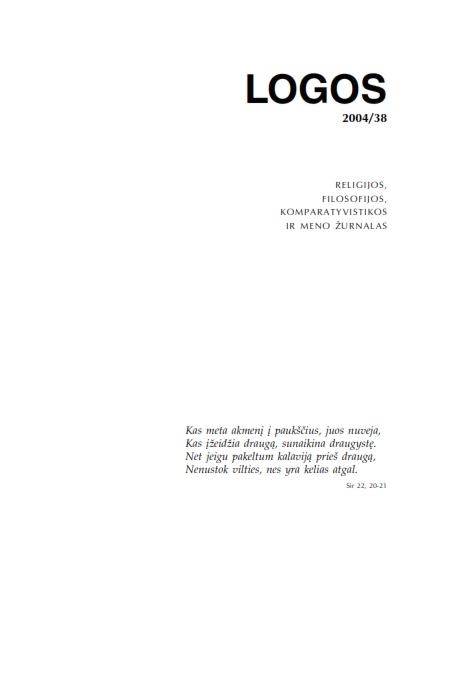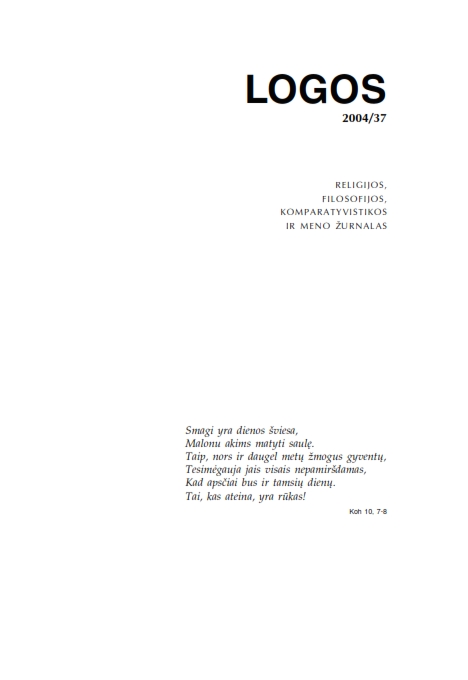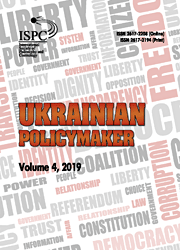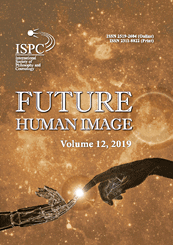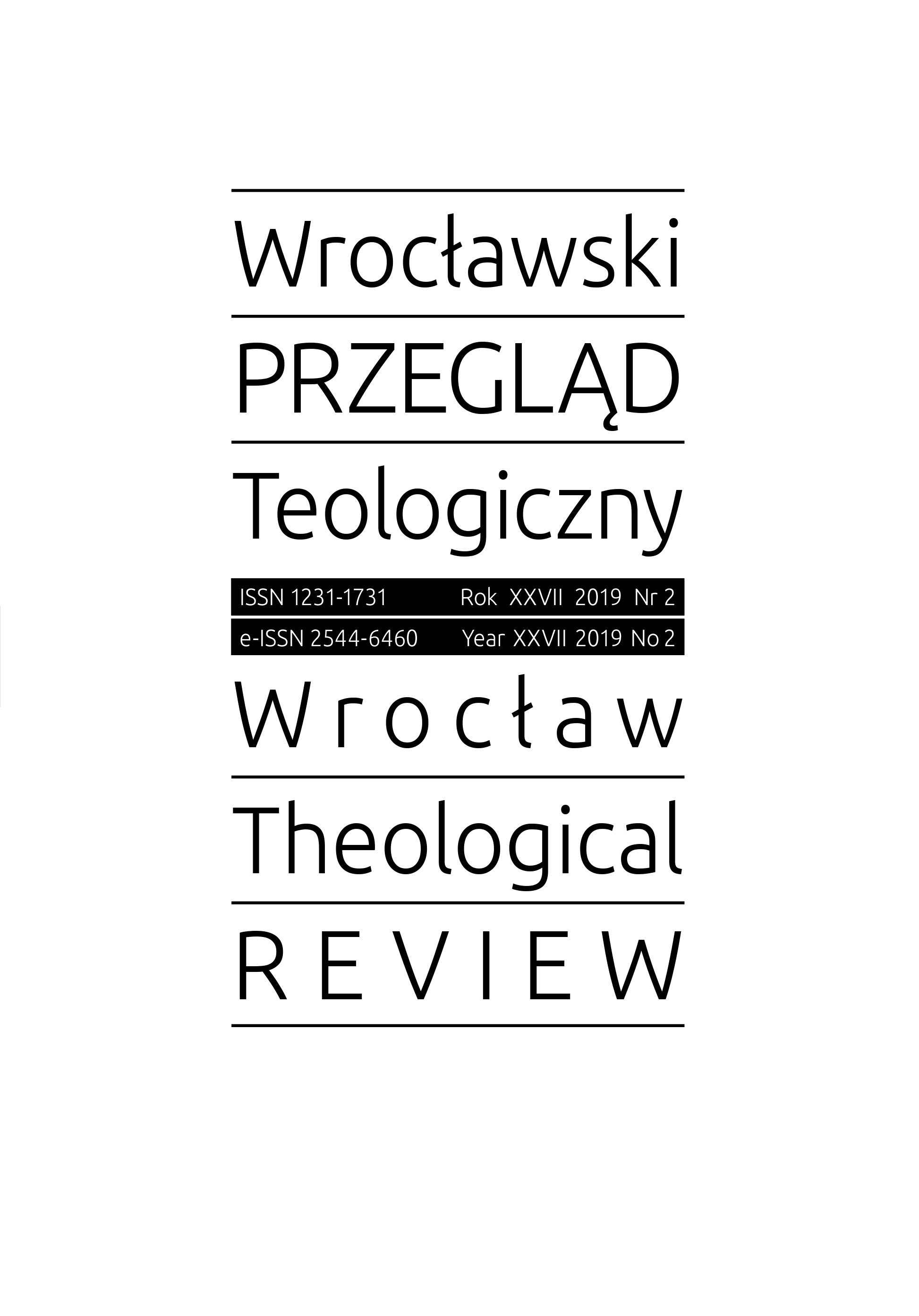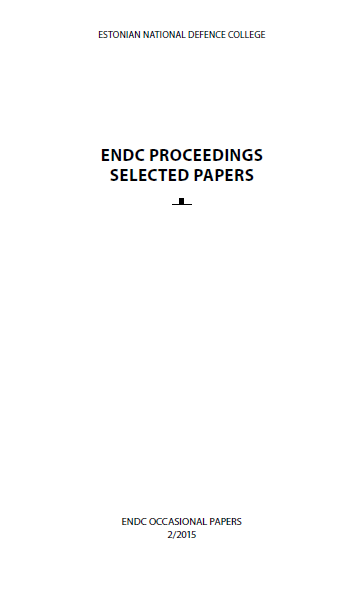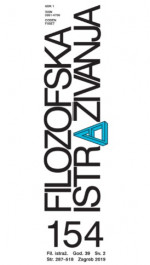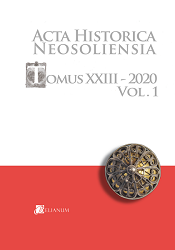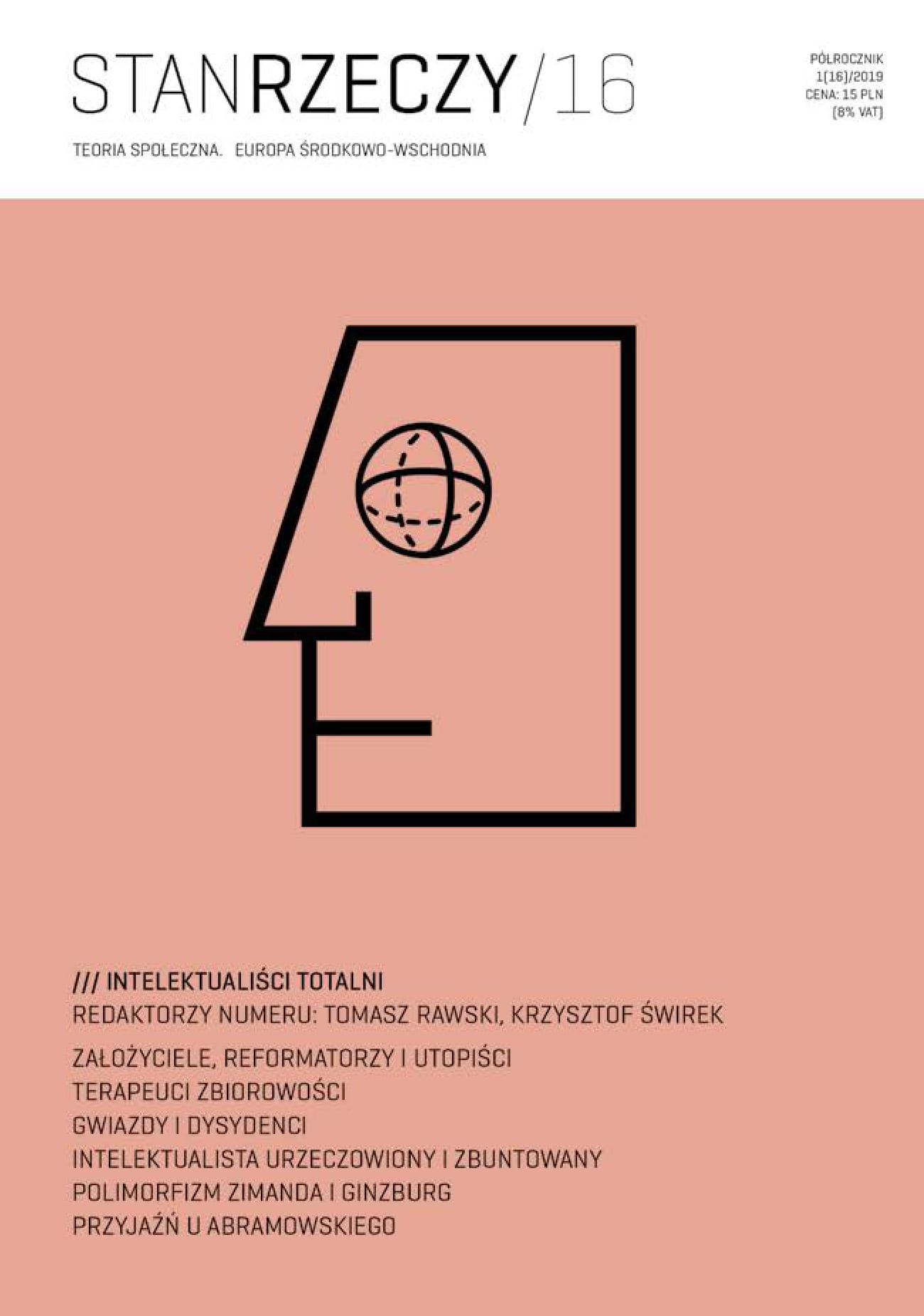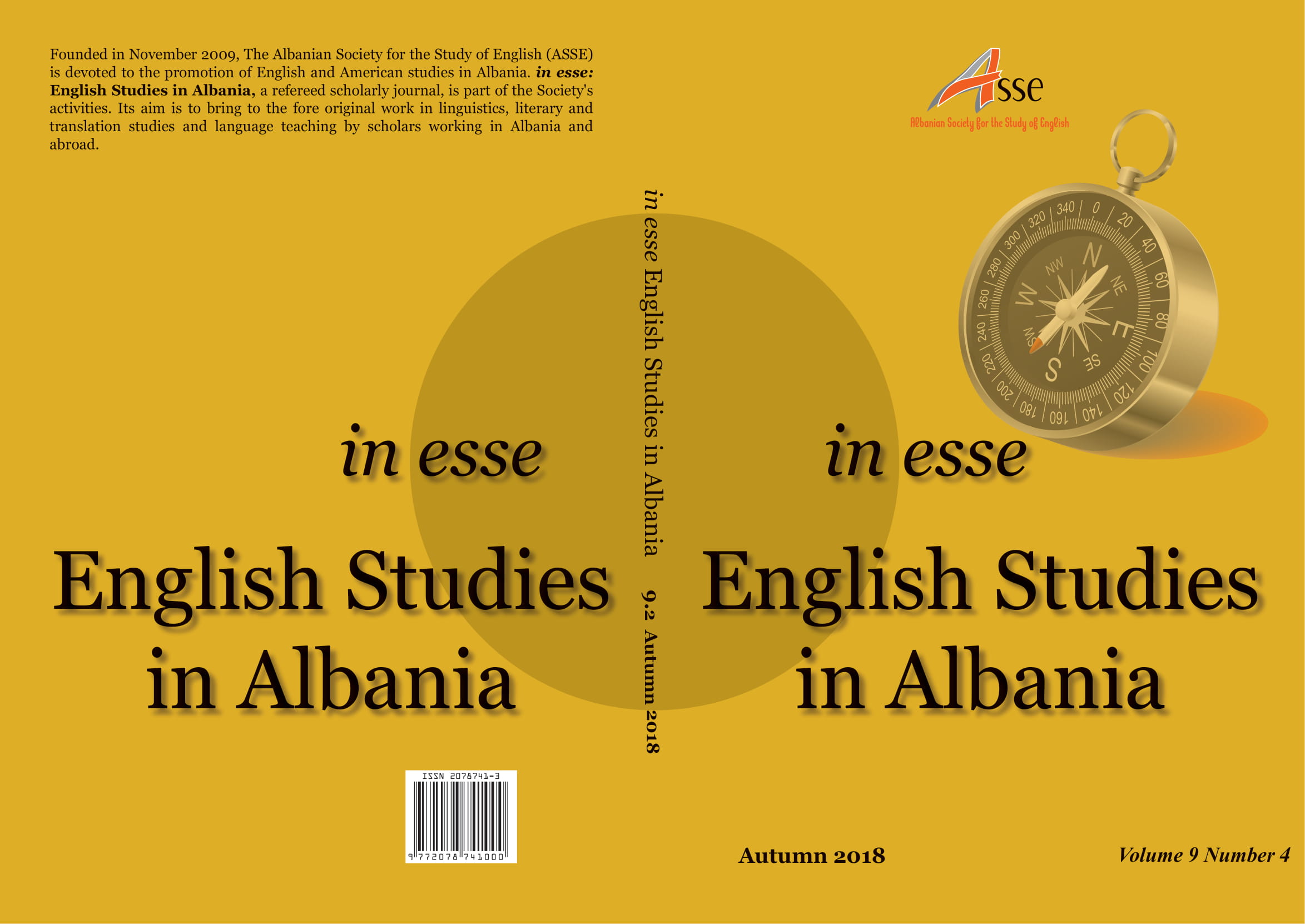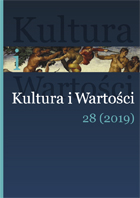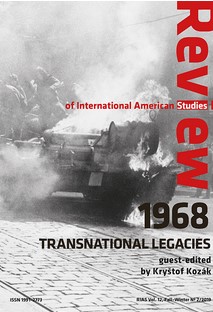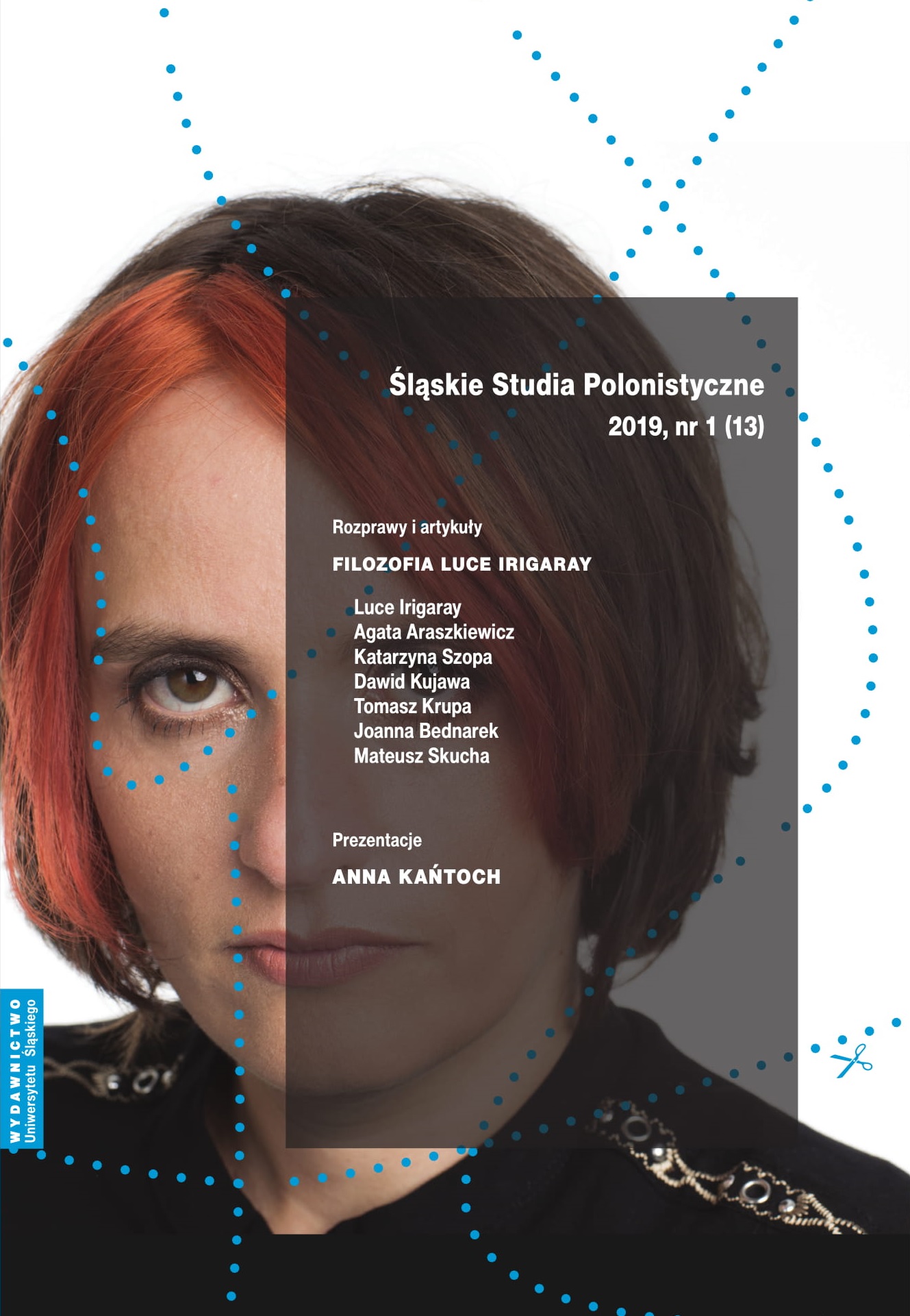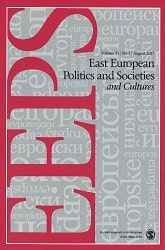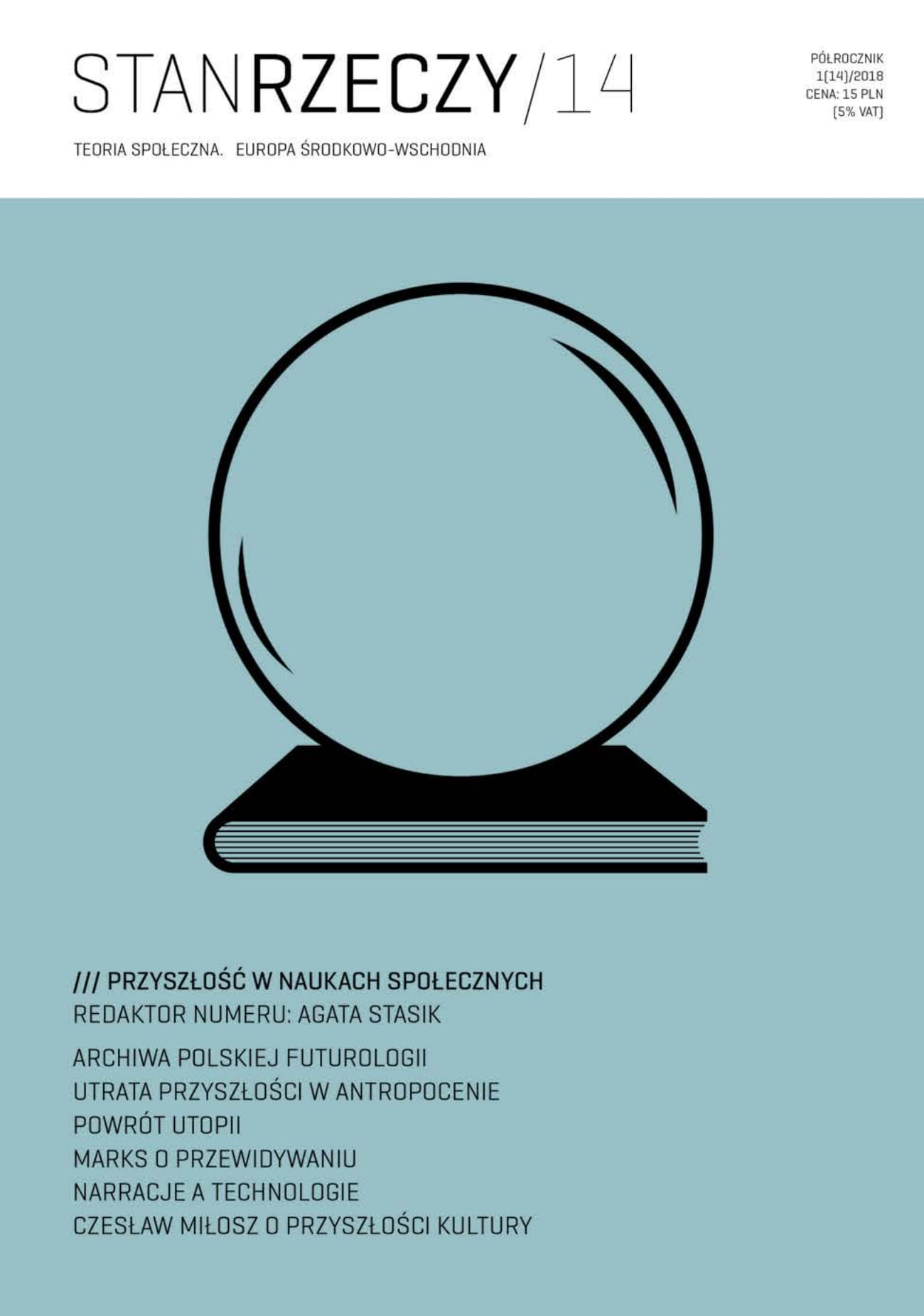
Karol Marks i problem przyszłości
Many share a conviction, that Marxism was a discourse that elevated futurological hubris to its extremes and its failure. Yet, do we know well, what is the actual centre of Marx’ futurological endeavour, what is the actual status of ‘future’ in his works and what do we read about when we find predictions in his works? This article is an attempt at systematic reflection upon the status of future, that in fact for Marx is not an ‘utopian assumption’, but rather is systematic elaboration of what can be read from the ‘here and now’ of capitalistic development. An important context of analysis would be the question, which one of the futures Marx thinks is possible to predict? Are the dynamics of political changes possible do predict in the same way, as the effects of general structural relationships? First part of the paper is an overview of critical conceptual tools, that in Marx’ works bring together the analysis of the present, of its historical genesis and of future necessary workings of social forms. In the second part there is an example of analysis, that for Marx was a prediction, extracted from interpretation of structural relationships, but in our times can be treated as an actual description of present social reality.
More...
